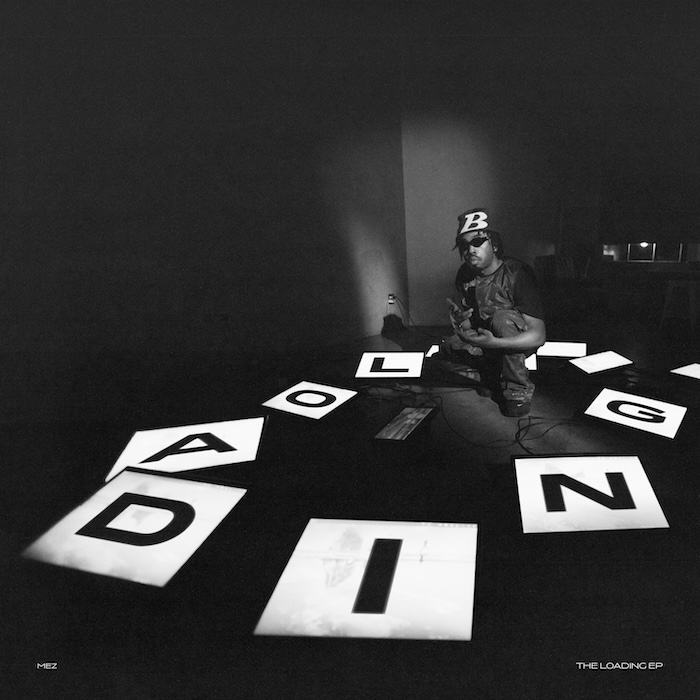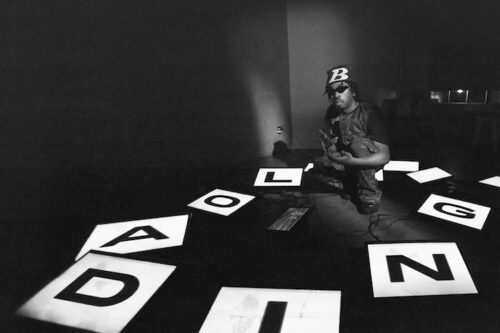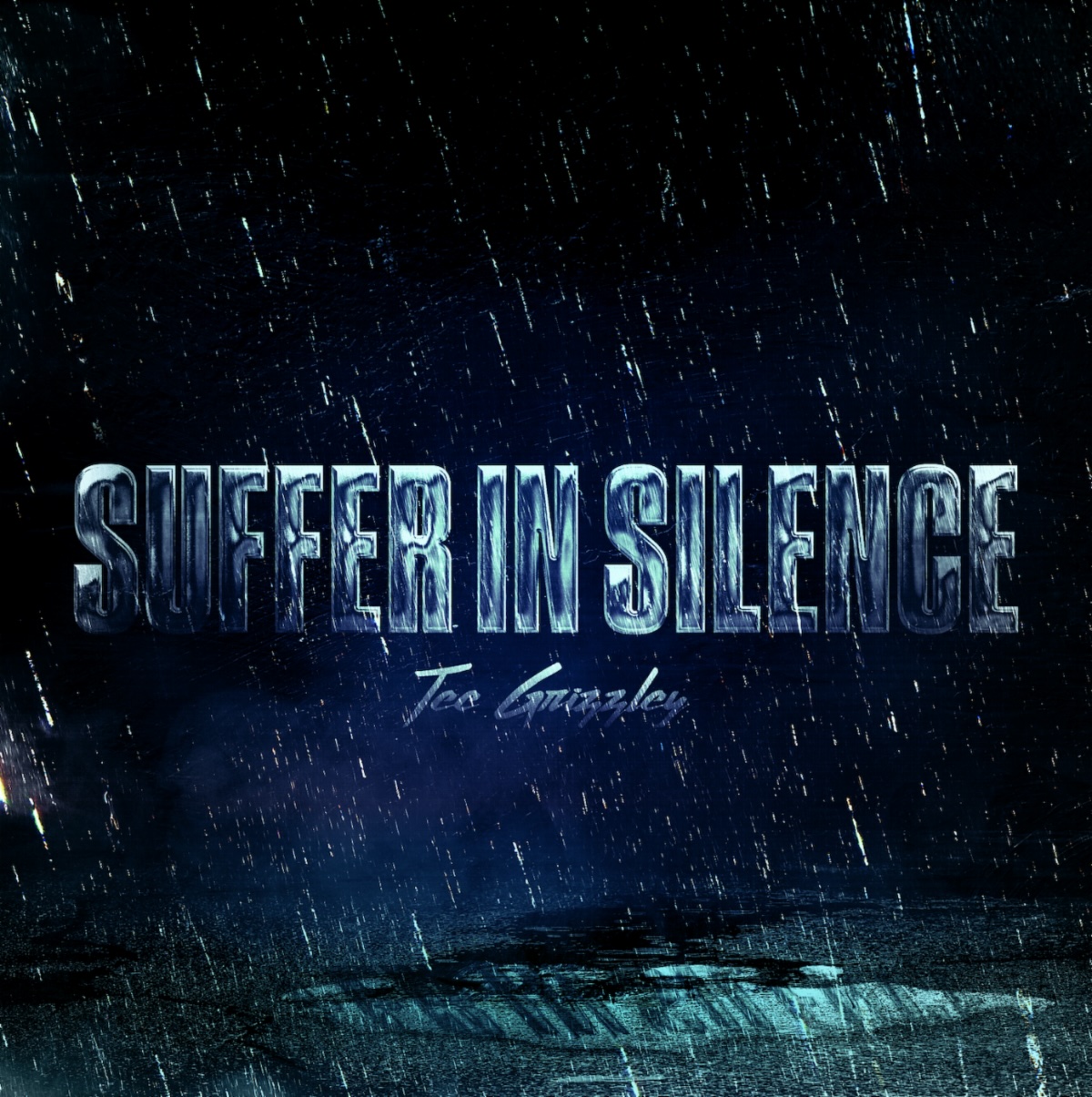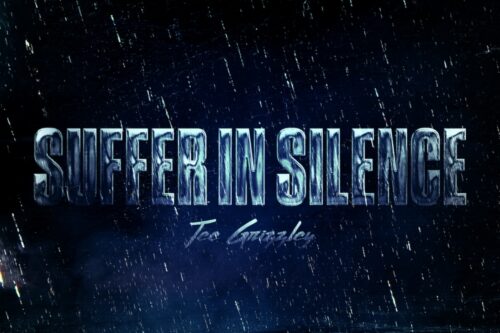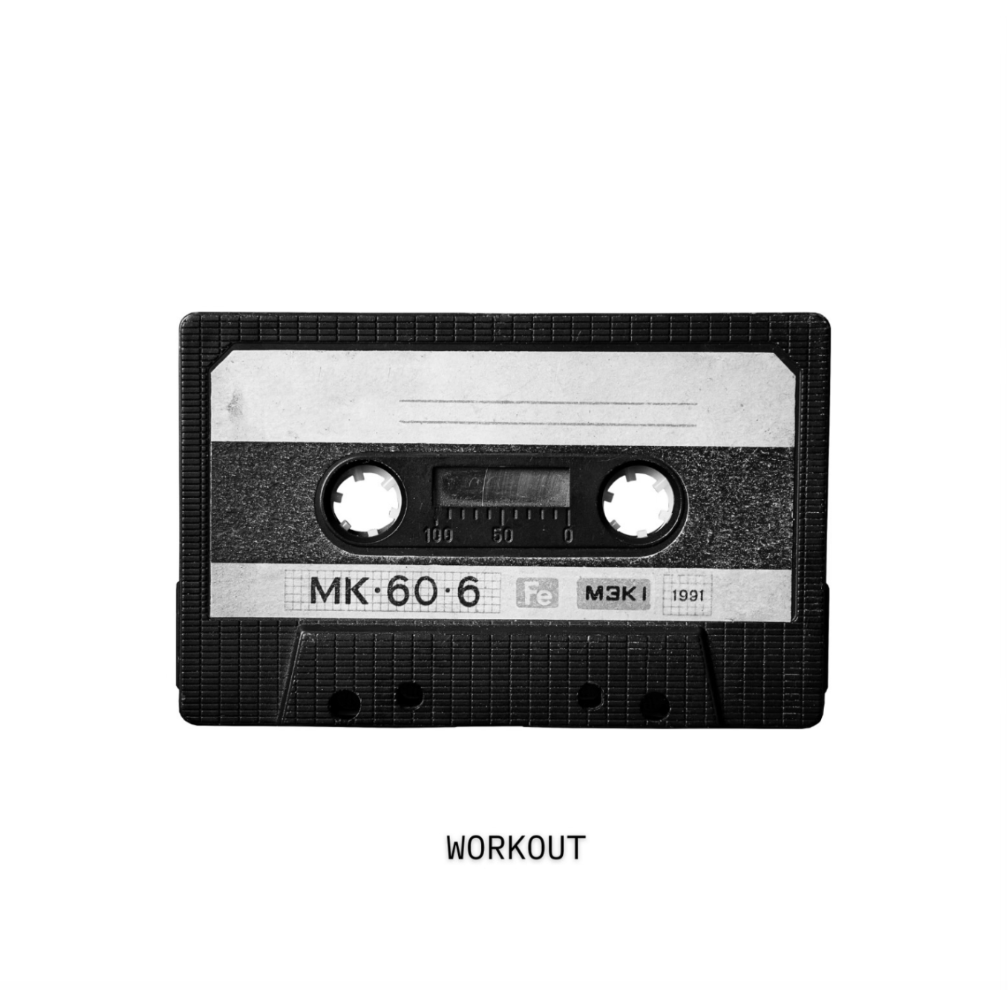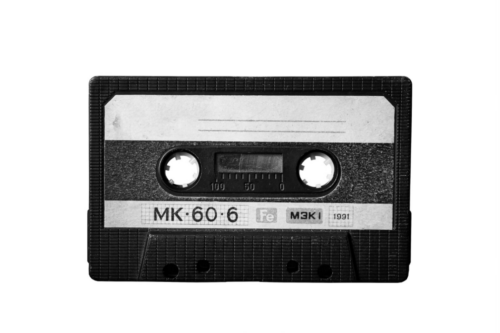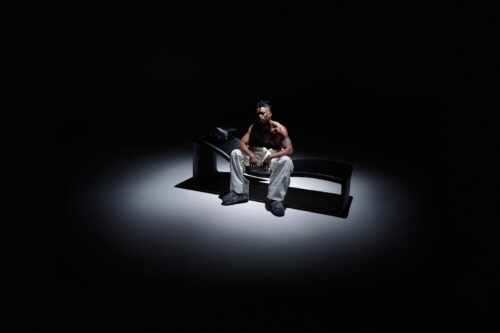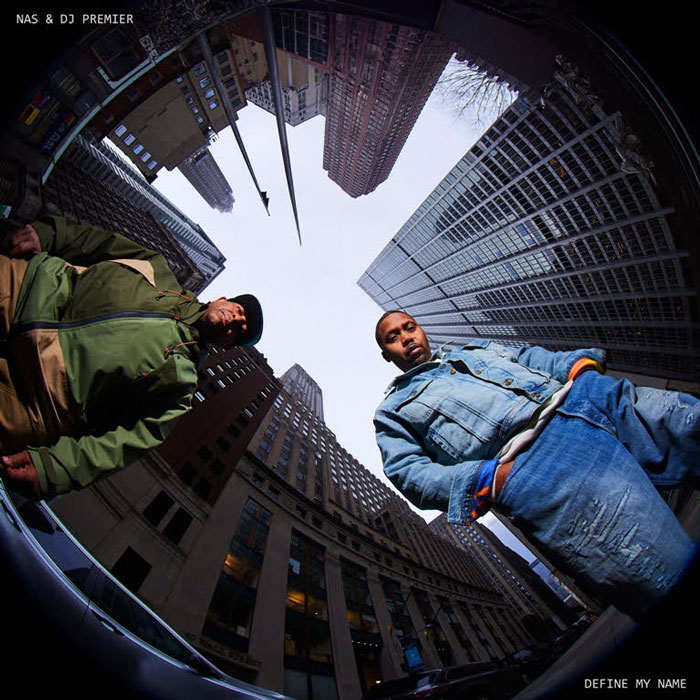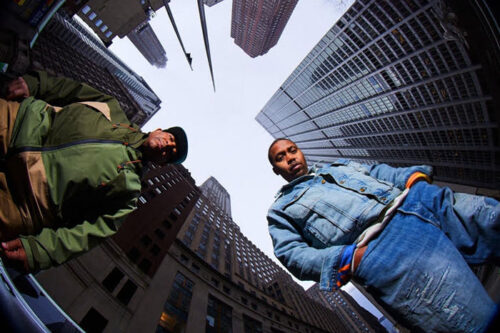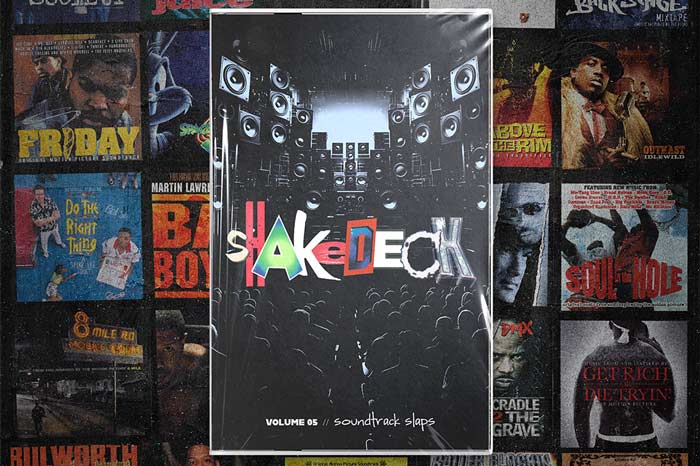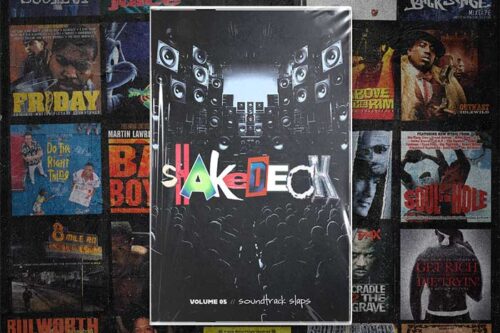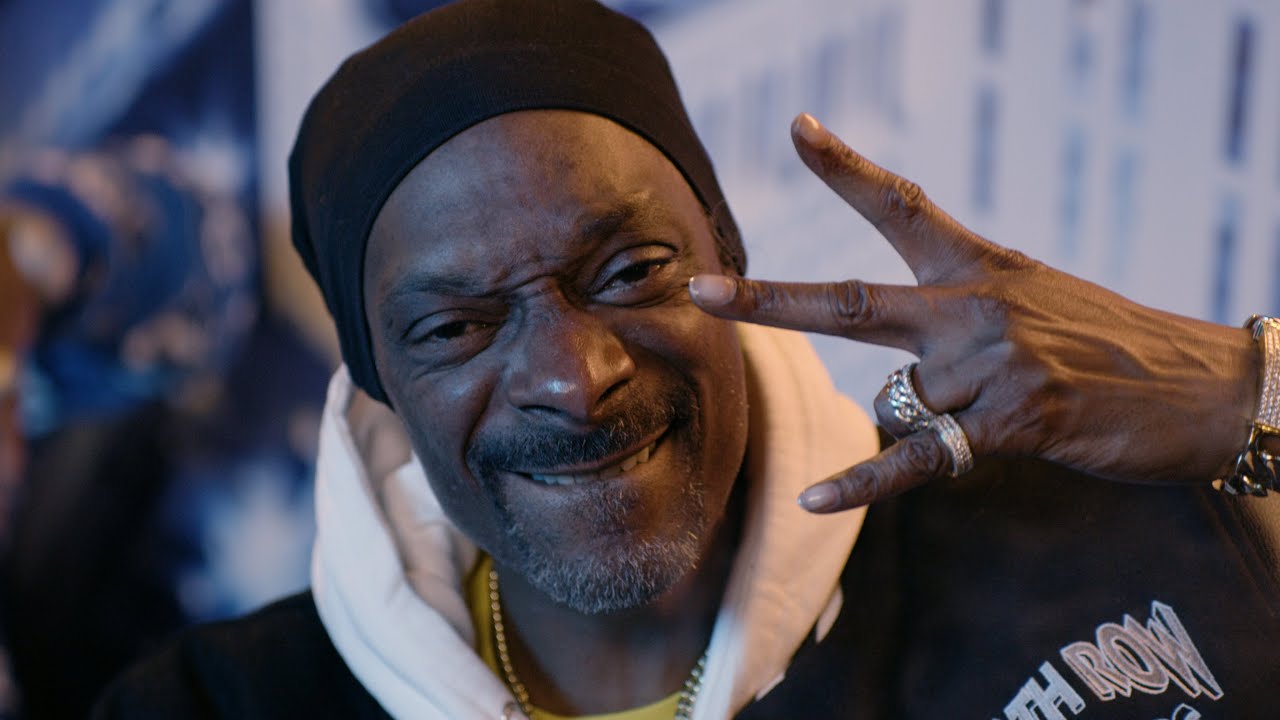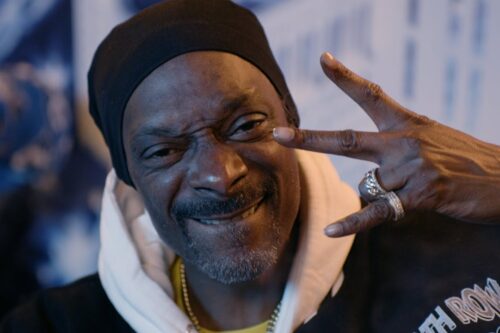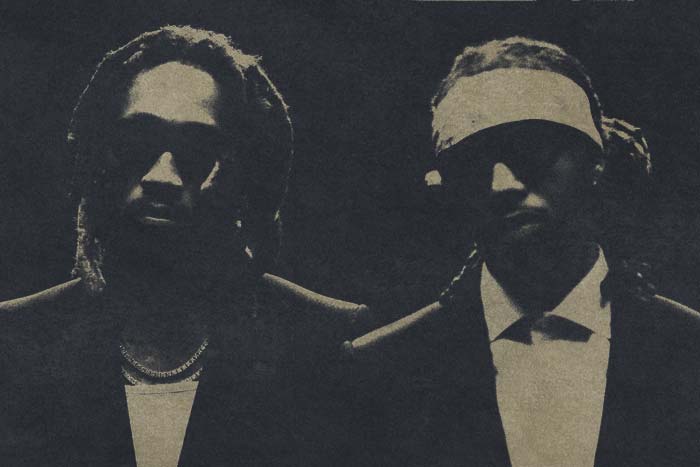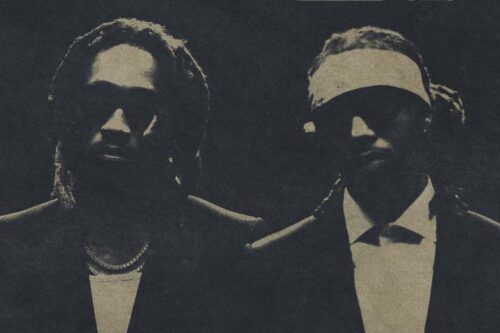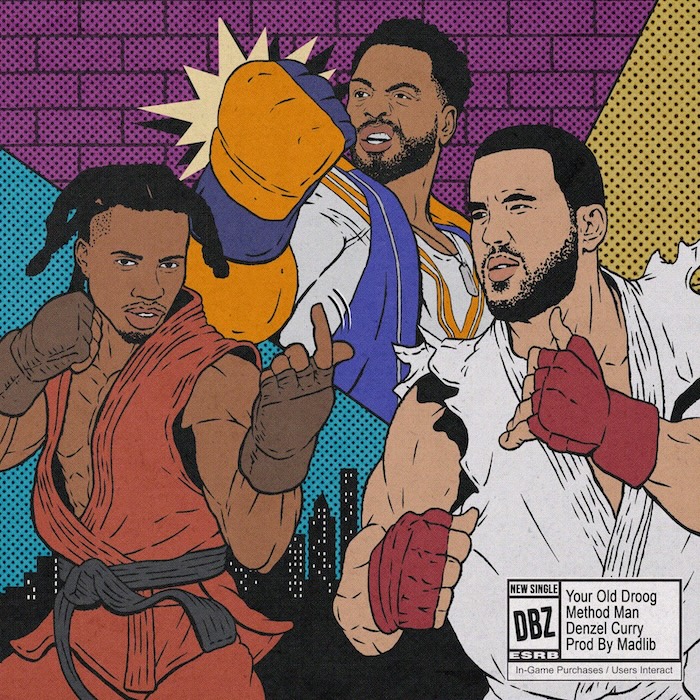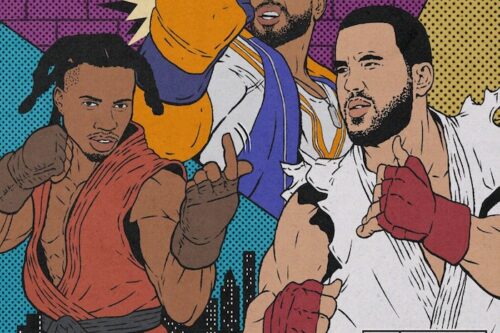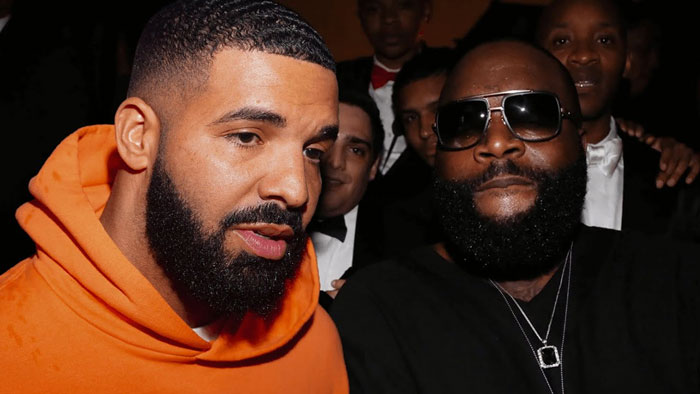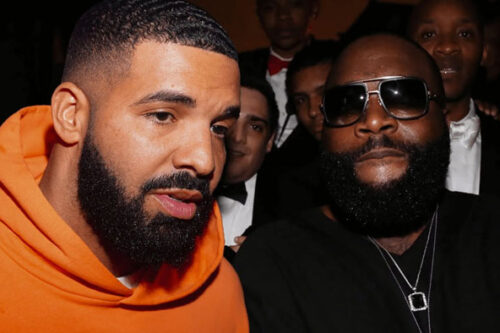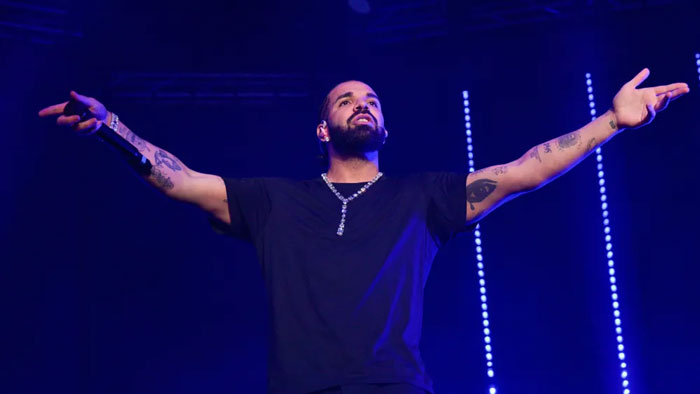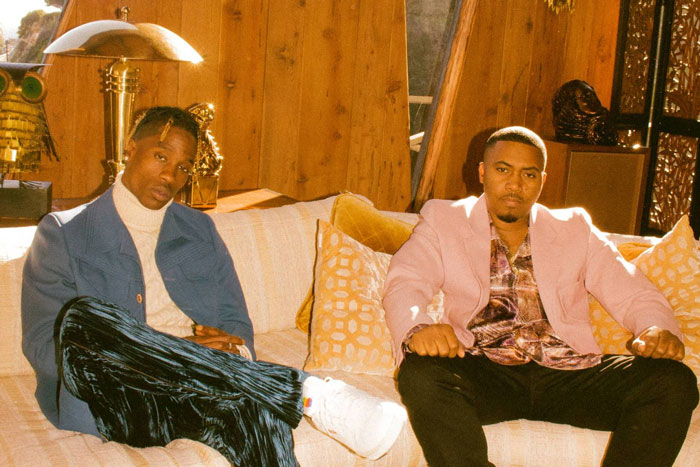
Despite a multiple decade difference in the times they entered the game, Nas and Travis Scott are both still frequent in today’s music scene. And in a new feature in Playboy, the two sat down to discuss the past, present and future of a genre that has both lifted them up and forced them to tear down the industry walls that confine them.
Kicking things off, they broke down the differences between their debuts: the advancement of technology, the influence of social media and the power of the internet.
SCOTT: Speaking of a time before all this technology, it was like, “Okay, I rap.” You had to get to this popular producer in your city. He would hear your shit, and maybe he’d let you record and give you a beat. Then he’d bring you to the DJ, and radio was the main problem. But now it’s like, man, I got my own social media. I can drop my shit. I can cater to my own followers. People can look at my shit if they want to. It’s not like the radio, where somebody can stop people from hearing me. I can yell it loud right now: I want to rap! If people want to catch on to it, they can catch on to it. And then, if you want to explain what’s going on in your personal life, you talk to your fans too. Back then you had to do a press conference.
NAS: You can reach the world faster—a lot faster than back then. That’s a great thing, because it was mind-boggling trying to figure out how to get this message out to people and market your record at the right time and then drop a single six weeks before the album. That’s gone.
SCOTT: You can reach the world now.
NAS: Now you can just go, “Yo, the album will be out in a week.” No single, no nothing.
SCOTT: Whatever you want——
NAS: Because of the internet. We can go do a song right now and put it up. We don’t have to ask nobody. The record industry actually follows what we do, especially once you make your name in the game.
SCOTT: I’m guessing hip-hop used to be about bars and just a unique flow over beats. It was like straight soul, and man, you’re telling your story; it was just bar to bar, killing it, and not really about anything being catchy. It was just really raw.
Nowadays, people might not see it that way, but it’s the same thing. It’s just as raw. But technology, man. We came up on iPhones, you know what I mean? We’re at a point now where we don’t even write our raps down. We’re just going straight off the dome in the booth. I know from people I work with, like Young Thug and Quavo, most everyone likes going in and just laying down whatever’s on their minds.
The past generation knocked down so many doors where, you know, they were spitting a lot of pain, man. They was dealing with a lot of police stuff. We’re still dealing with that now, but it wasn’t so free. Now we got more of a voice at the label. We can kind of put out our own music whenever. You and I could do a song during this interview and upload it right now if we wanted to.
NAS: That’s right. Being an MC or a rapper, you got to change with the times. I can stay me, sure, but the challenge is to stay with what’s going on. If you look at the great ones from back then, a lot of them have four albums; they had short careers. That’s changed now. All the restrictions are gone. You can be free to make your music.
When hip-hop started out, you only had a top five. You had a short list of dope rappers, from Ice Cube to Slick Rick. You could count them on your fingers. Hip-Hop is such a big thing now that everybody’s jumping in on it. There are so many different styles that by the time you do the thing that you do, this dude over here done started a whole new way. You got to stay on top of what’s going on just for the love of music.
You said it was once about writing down the pain and all of that. Nowadays the pain has changed. We’re after different things. We broke past the barriers. We understand what we need to do and we’re in control of what we’re doing, and no one can stop it now. No one can tell us what to do, what we can’t do. Rap music can’t be stopped now.
This is only the first portion of the hour-long discussion. Head to Playboy for the rest of the feature.

